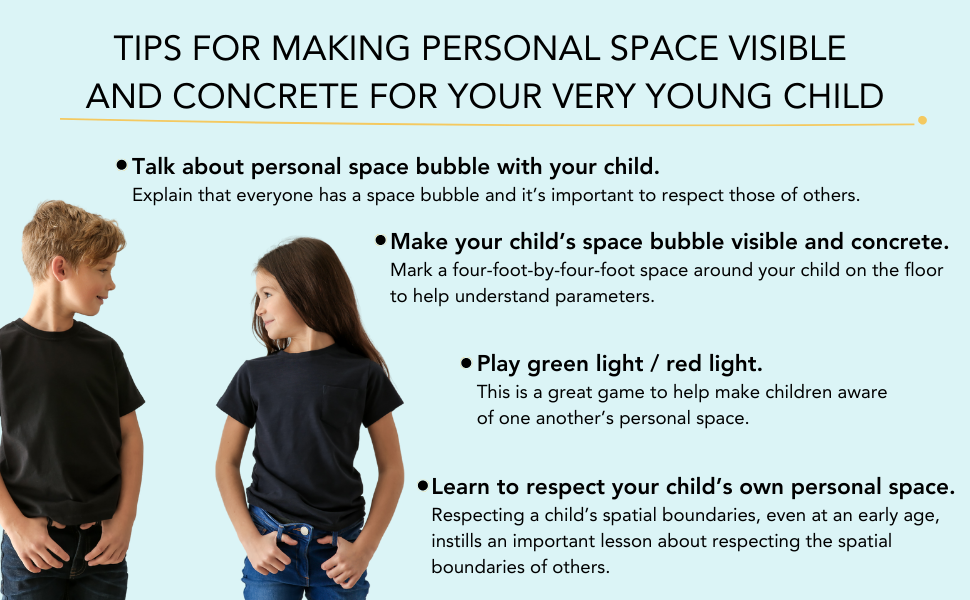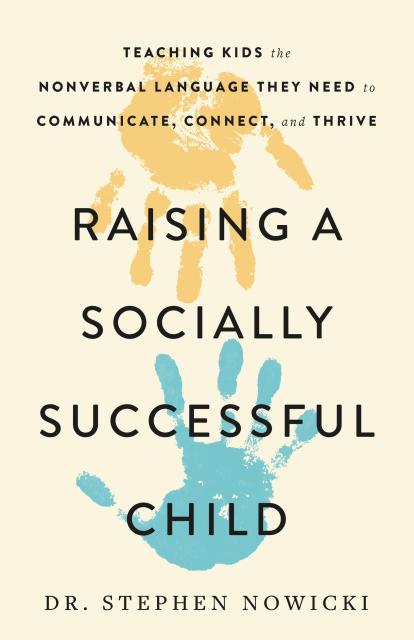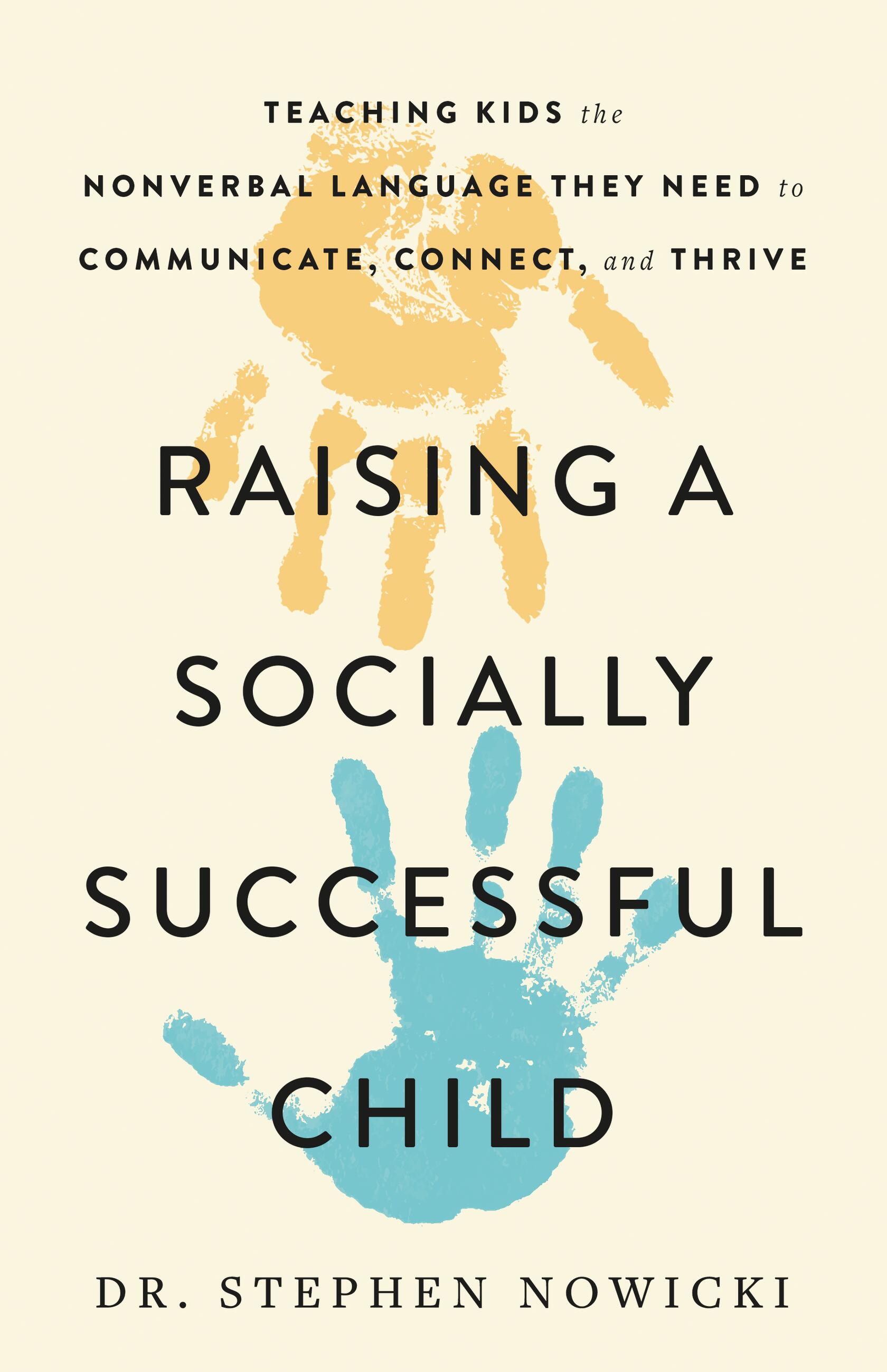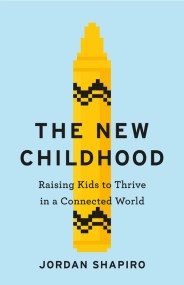Raising a Socially Successful Child
Teaching Kids the Nonverbal Language They Need to Communicate, Connect, and Thrive
Contributors
Buy from Other Retailers:
- On Sale
- Mar 19, 2024
- Page Count
- 272 pages
- Publisher
- Little Brown Spark
- ISBN-13
- 9780316516471
We all want our kids learn the social skills they need to thrive. Yet many of today’s kids are struggling to connect, often with no apparent reason why.
In most cases, the explanation is simple: a child hasn’t fully mastered the nonverbal language of everyday social interaction, like how to take turns in a conversation, how to respect boundaries of personal space, or how to tell whether a friend is feeling happy or sad.
And yet, children aren’t taught nonverbal skills in the same formalized way they are taught reading and writing. Instead, they are expected to absorb these skills at school, home, and on the playground. But between the steep rise in screen time and the social learning lost to Covid quarantines and school closures, today’s kids have had fewer opportunities to learn the rules of nonverbal behavior.
Fortunately, parents and teachers can help kids shore up these essential skills. In Raising a Socially Successful Child, Dr. Stephen Nowicki reveals how to identify the nonverbal areas where a child might be struggling, and equips readers with a set of simple exercises to help any child learn how to:
- Follow the rhythm of conversations
- Express and read emotions in facial expressions and body language
- Understand the difference between appropriate and inappropriate touch
- Sense a person’s mood based on their tone of voice
- And more
Drawing on decades of research, as well as dozens of stories from across the country, Raising a Socially Successful Child is the practical guide to helping children master the nonverbal skills they need to succeed in childhood, and their adult lives.
Genre:
-
“Nowicki describes a current crisis — children who cannot form connections—but suggests a path away from danger. It’s a program for every adult with a child in their life, a book of hard truths and hope.”Sherry Turkle, MIT Professor, author of Alone Together, Reclaiming Conversation, and The Empathy Diaries
-
“The Covid crisis has taught us how much we remain primates. We crave physical closeness and face-to-face nonverbal exchange. In a lively account based on his rich experience as psychotherapist, Stephen Nowicki teaches us how to enhance children’s skills to connect with others.”Frans de Waal, author of Mama’s Last Hug
-
“Another brilliant book from a true master of facilitating children’s social skill development. I’ve been recommending Dr. Nowicki’s books to parents for many years, and this one is now at the top of the list. Raising a Socially Successful Child is a clearly-written manual for teaching the woefully overlooked nonverbal communication skills, and perfectly timed given the challenges to all children’s social development posed by digital technology and the COVID-19 pandemic. A must read for any parent, grandparent, and teacher who wants to do whatever they can to foster the social success of children they care about.”William Stixrud, PhD, clinical neuropsychologist and co-author of The Self-Driven Child and What Do You Say?
-
“Much of human social interaction takes place in a ‘hidden dimension’ of nonverbal communication. Nowicki brings this hidden dimension out into the open, with the specific goal of helping young children who struggle with social relationships. He does this using academic research, detailed portraits of individual children, and concrete advice based on extensive clinical experience. This is a terrifically engaging and helpful book that all parents and educators of young children should read.”Michael Tomasello, developmental and comparative psychologist, professor of psychology, Duke University
-
“This highly readable book blends clinical insight with science to help parents understand how nonverbal communication impacts every aspect of their child’s welfare—and gives parents clear guidance on how to observe and remedy problems their child might be having in the social arena. The simple and fun exercises Dr. Nowicki proposes reflect his many years as a clinical psychologist and researcher. This book teaches parents what to look for and how to address weaknesses in their child’s nonverbal communication skills. Many is the adult who will read this book and wish it had existed for their own parents to read!”Judith A. Hall, University Distinguished Professor, Emerita, Department of Psychology, Northeastern University
-
“Nowicki’s book is a delight. The writing is simple, clear, and enjoyable to read. The message is so important that every parent, everyone who is planning to be a parent, and every teacher should read it. The nonverbal dance between a child and the rest of his world is rarely explicitly noticed but shapes that child’s self and success, and this book puts a bright and desperately needed spotlight on it.”Michael S. A. Graziano, professor of psychology and neuroscience, Princeton University
-
“Raising a Socially Successful Child bridges the gap that too often exists between scientific findings and real-life behavior. As a result, the content of this book provides a vital, easy way to understand resources for parents and teachers. Dr. Nowicki really knows children and what they need to be happy and successful during these trying times. I am eager to take what he has written and put it into my own work with children, parents and teachers so they can have access to his incredible insights.”Meryl Lipton, MD, PhD, Director Emeritus, Rush Neurobehavioral Center
-
“If relationships are the most important thing in our lives, how do we help children who have difficulty interacting? In this post-Covid era, there has been much written about the importance of social-emotional learning. We recognize how detrimental it can be to deprive young children of face to face human interaction on an on-going basis. Dr. Nowicki’s book provides an eye-opening take on why some children have difficulty with relationships and how encouraging them to relate to others in NON-verbal ways, can have a profound effect on their lives. Not only encouraging children to read non-verbal cues (body language, facial expression, etc.) but supporting parents to be able to recognize these cues themselves, starting when their child is in infancy, will ultimately lead to more confident parents. This book is an important read for anyone who has a child, works with a child, or loves a child.”Susan Darrow, chief executive officer of Music Together
-
“This is a fantastic book, which reveals so much that we often fail to recognise about how we communicate without using words. My only regret is that this book was not available when my children were growing up, and even more so to inform my teaching strategies subsequently. It is an important contribution to our understanding, written with flare and very easy to read.”Jean Golding, OBE, FMedSci, Emeritus Professor of Paediatric & Perinatal Epidemiology, University of Bristol
-
“Urgently needed, informative, and useful.”Karen Springen, Booklist
-
“Dr. Stephen Nowicki…sheds light on the difficulties inherent in learning nonverbal language skill needed for leading successful lives. Parents, educations, and practitioners will value learning the specific areas that need to be taught and Raising a Socially Successful Child offers ways to successfully do so. I highly recommend this valuable gem of a book.”Dr. Jessica Broitman, author, researcher, and psychoanalyst
Formats and Prices
Price
$30.00Price
$39.00 CADFormat
Format:
- Hardcover $30.00 $39.00 CAD
- ebook $14.99 $19.99 CAD
- Audiobook Download (Unabridged) $24.99










